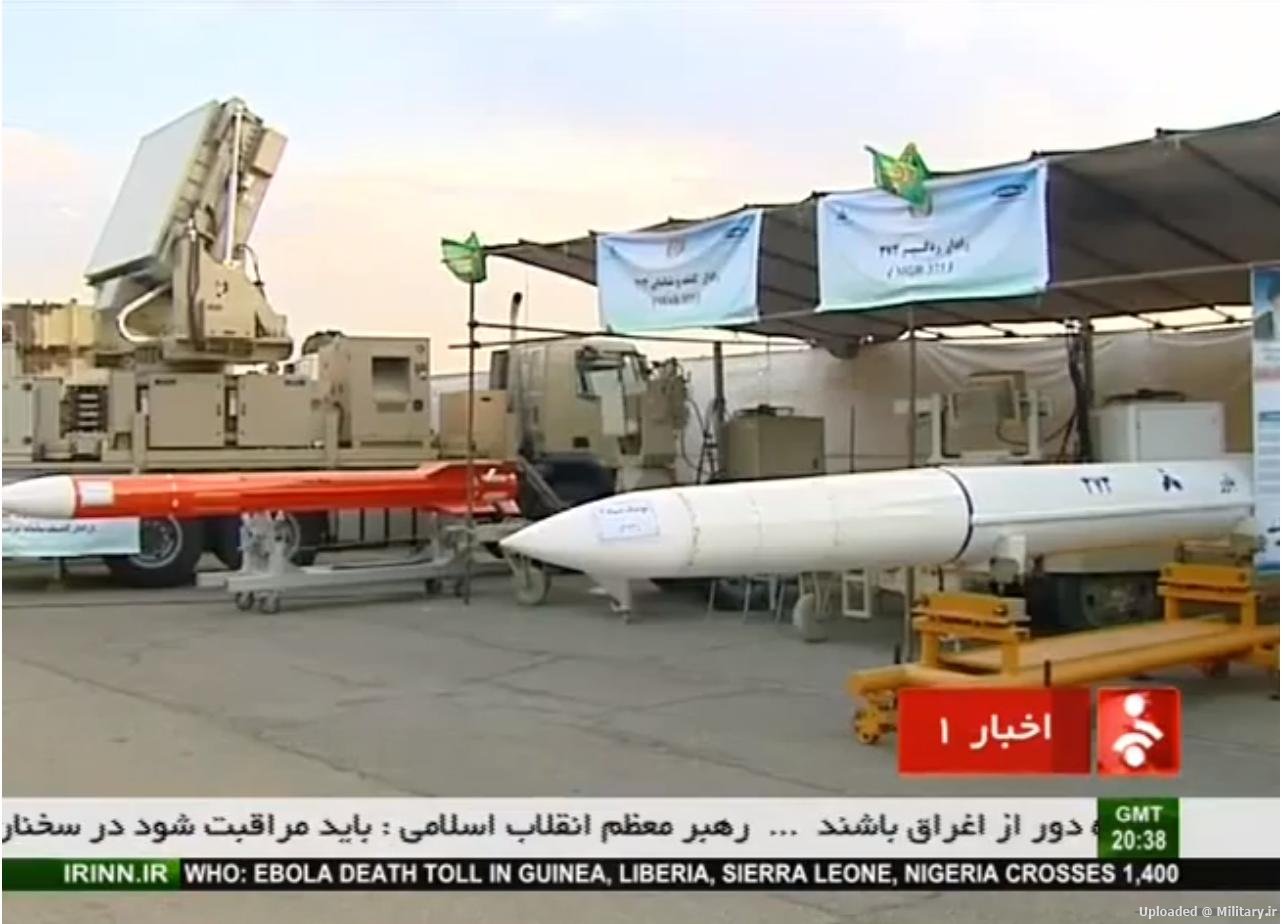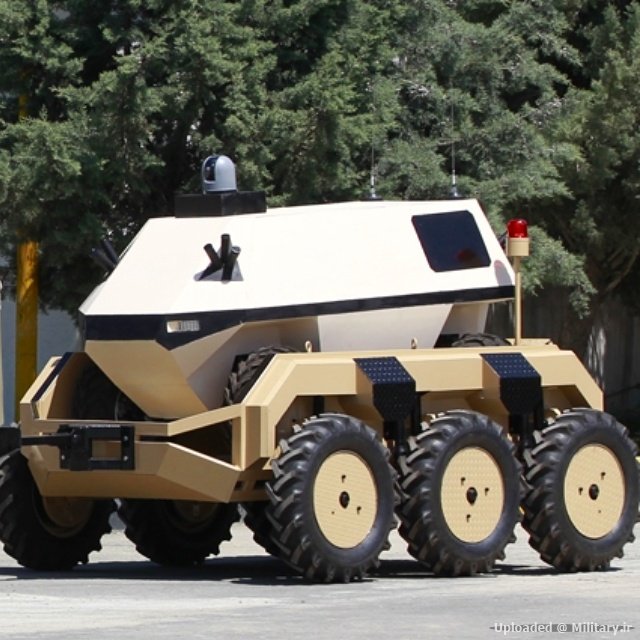Senior Iranian, Russian Military Officials to Discuss S-300 Missile Systems Delivery Soon
TEHRAN (FNA)- Iranian Defense Minister Brigadier General Hossein Dehqan will discuss the conditions for delivery of the Russian S-300 air defense missile systems to Tehran during his oncoming visit to Moscow this week, a source said.
"Iran's first step to receive S-300 air defense missile systems will be made during an upcoming visit to Russia by the country's defense minister," a source in the Iranian Defense Ministry told Sputnik on Tuesday.
Meantime, Secretary of Iran's Supreme National Security Council (SNSC) Ali Shamkhani, who has traveled to Russia to attend the 10th meeting of Shanghai Cooperation Organization (SCO), said that S-300 air defense missile systems can be delivered to Iran in 2015.
Russian President Vladimir Putin on Monday removed the ban on the delivery of the missile shield to Iran.
Following the announcement, Iranian Defense Minister Brigadier General Hossein Dehqan said "the decree came as an interpretation of the will of the two countries' political leaders to develop and promote cooperation in all fields".
Putin's decision was announced hours after relevant reports said the Kremlin also plans to supply China with the advanced S-400 air defense system.
On Tuesday, Putin said during a meeting with Iran's Admiral Shamkhani that his decision to deliver the sophisticated S-300 air defense missile systems to Tehran set a role model at global class that every nation should remain loyal to its undertakings.
"The decision which was taken today bears this clear message that all countries are necessitated to remain committed to their undertakings," Putin said at the meeting in Moscow today.
Earlier this month, a leading Russian defense expert said that his country may resume the deal to deliver S-300 surface-to-air defense systems to Iran.
After negotiators from Iran, the United States and other world powers agreed on April 2 to a framework for a final agreement on Tehran’s nuclear program, Russian Deputy Foreign Minister Sergei Ryabkov said that a UN arms embargo against Iran should also go.
"Lifting sanctions on Iran, including the arms embargo, would be an absolutely logical thing to do,” said Igor Korotchenko, who heads the Global Arms Trade Analysis Center think tank in Moscow.
“Of key importance to us is the delivery of the upgraded S-300 missiles to Iran… A contract to this effect could be resumed on terms acceptable to both Moscow and Tehran,” he added.
In January, Tehran and Moscow signed an agreement to broaden their defensive cooperation and also resolve the problem with the delivery of Russia's S300 missile defense systems to Iran.
The agreement was signed by General Dehqan and his visiting Russian counterpart General Sergei Shoigu in a meeting in Tehran in January.
The Iranian and Russian defense ministers agreed to resolve the existing problems which have prevented the delivery of Russia's advanced air defense systems to Iran in recent years.
The two sides also agreed to broaden their defense cooperation and joint campaign against terrorism and extremism.
In 2007, Iran signed a contract worth $800mln to buy five Russian S300 missile defense systems.
But the deal was scrapped in 2010 by the then-Russian President Dmitry Medvedev, who was unilaterally expanding on sanctions against Iran imposed by the UN Security Council.
Iran filed a $4bln lawsuit against Russia in the international arbitration court in Geneva, which is currently pending review.
Moscow has struggled to have the lawsuit dropped, including by offering the Tor anti-aircraft systems as replacement, media reported in August, adding that the offer was rejected by Tehran.
The Antei-2500, however, may be a better solution, the reports said. The system does not formally fall under the existing sanctions against Iran while still being useful for the Middle-Eastern country.
While the S-300 was developed for the use by missile defense forces, the Antei-2500 was specifically tailored for the needs of ground forces, which could also be an advantage for Iran, known for its large land force.
Later, Iran rejected the offer, stressing that it would not change its order.
The S-300 is a series of Russian long range surface-to-air missile systems produced by NPO Almaz, all based on the initial S-300P version. The S-300 system was developed to defend against aircraft and cruise missiles for the Soviet Air Defense Forces. Subsequent variations were developed to intercept ballistic missiles.
The S-300 system was first deployed by the Soviet Union in 1979, designed for the air defense of large industrial and administrative facilities, military bases, and control of airspace against enemy strike aircraft.
In the meantime, Iran designed and developed its own version of the S-300 missile shield, known as Bavar (Belief) 373. The Iranian version has superior features over the original Russian model as it enjoys increased mobility and reduced launch-preparation time.
http://english.farsnews.com/newstext.aspx?nn=13940125001393























